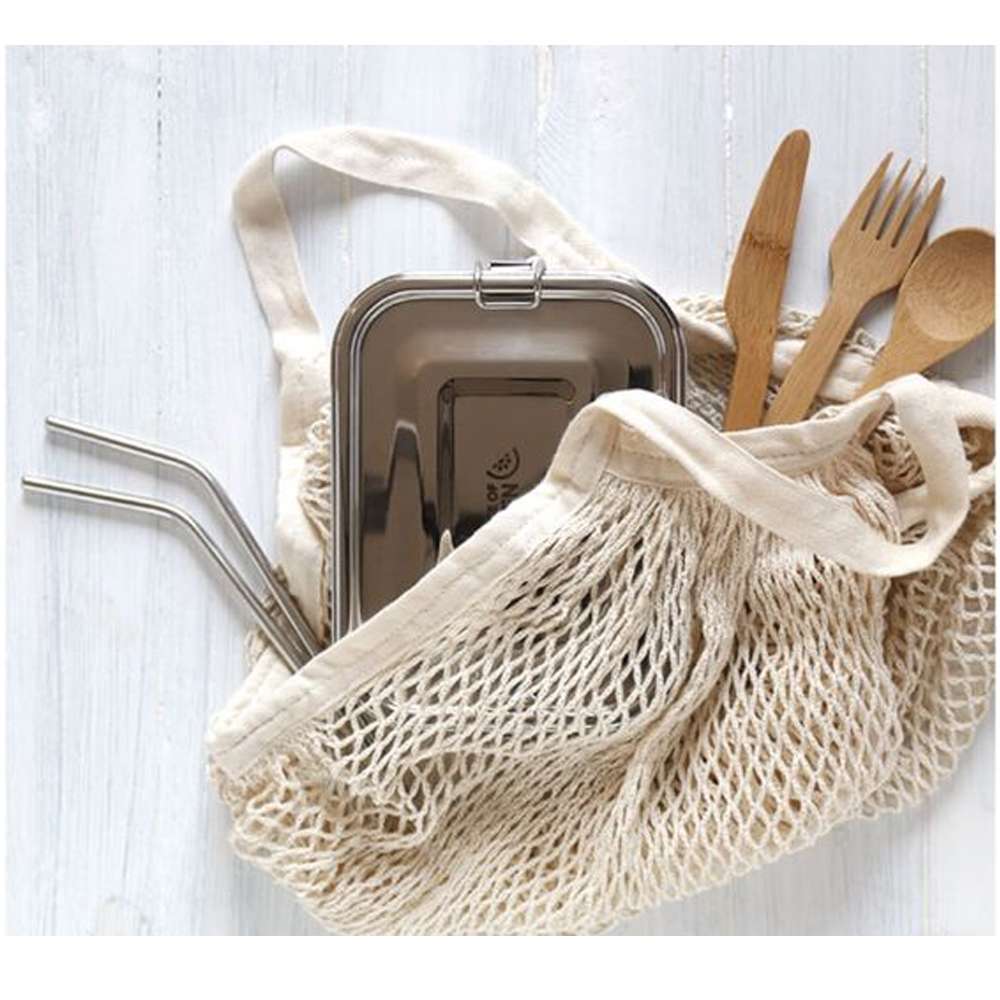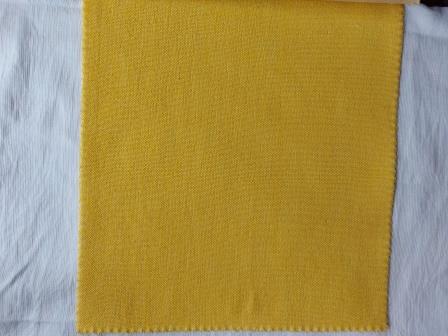
Eco-Friendly & Stylish: How Tote Bags Are Redefining Sustainable Fashion
Introduction
In recent years, sustainable fashion has garnered significant attention as consumers and designers alike seek more environmentally conscious alternatives to fast fashion. One of the most iconic items at the forefront of this movement is the tote bag. Both stylish and functional, tote bags have gained immense popularity, becoming a symbol of eco-friendly fashion and a staple in many wardrobes. As the demand for sustainable fashion continues to grow, tote bags are reshaping the way we think about style, consumption, and environmental responsibility. This article explores the role of tote bags in sustainable fashion, with a special focus on the contribution of tote bag manufacturers in India .
The Rise of Sustainable Fashion
Sustainable fashion refers to clothing, accessories, and footwear produced with minimal environmental impact. This includes the use of eco-friendly materials, ethical manufacturing practices, and reducing waste throughout the product lifecycle. With increasing awareness of the environmental degradation caused by the fashion industry, consumers are turning toward more sustainable alternatives. Brands are responding by creating products that align with the values of sustainability and environmental consciousness.
Tote bags, once seen as simple, utilitarian accessories, are now being recognized as an important part of the sustainable fashion movement. Their versatility, durability, and eco-friendliness make them an ideal choice for those seeking an alternative to disposable plastic bags and single-use packaging.
Tote Bags: A Perfect Blend of Style and Functionality
One of the reasons tote bags have become such a popular item in the sustainable fashion space is their unique combination of style and functionality. Tote bags come in various shapes, sizes, and designs, making them suitable for a wide range of uses—from casual outings and shopping trips to work and travel. Unlike other fashion accessories, tote bags are not only fashionable but also incredibly practical. Their large, spacious interiors can accommodate everything from laptops and books to groceries and gym gear.
Tote bags also have a timeless design. Unlike trendy fashion items that may go out of style after a season or two, tote bags have a classic look that ensures they remain in fashion year after year. Whether they are made of cotton, canvas, jute, or organic materials, tote bags are versatile enough to complement any outfit, making them a sustainable investment for any wardrobe.
The Environmental Impact of Tote Bags
The fashion industry is one of the largest contributors to environmental pollution. From water usage and textile waste to the carbon footprint of manufacturing processes, the environmental impact of clothing production is staggering. However, tote bags offer a simple yet effective way to reduce this impact.
1. Reducing Plastic Waste
One of the most significant environmental advantages of tote bags is their ability to replace plastic bags. Single-use plastic bags are a major contributor to pollution, especially in oceans and waterways. According to the United Nations, around 8 million tons of plastic enter the oceans every year, posing a threat to marine life. By switching to reusable tote bags, consumers can significantly reduce their reliance on disposable plastic bags.
Unlike plastic bags, which can take hundreds of years to decompose, tote bags are durable and designed for long-term use. A high-quality tote bag can last for years, making it a much more sustainable option than constantly purchasing plastic bags. Many tote bags are also washable, ensuring they remain in good condition over time and can be used for various purposes.
2. Eco-Friendly Materials
Tote bags are typically made from environmentally friendly materials like organic cotton, jute, hemp, and recycled fabrics. Organic cotton, for instance, is grown without synthetic pesticides or fertilizers, making it a more sustainable alternative to conventional cotton. Similarly, jute is a biodegradable material that is both strong and eco-friendly, making it an ideal choice for tote bags.
In addition to being made from eco-friendly materials, many tote bags are produced using ethical manufacturing processes. Tote bag manufacturers are increasingly adopting practices that prioritize workers’ rights, fair wages, and minimal environmental harm. By choosing brands that prioritize sustainability in their production processes, consumers can support businesses that are committed to making a positive impact.
The Role of Tote Bag Manufacturers in India
India is home to a thriving textile and garment industry, with a rich history of producing high-quality fabrics and accessories. Over the past few years, India has emerged as a key player in the global sustainable fashion movement. Several Indian tote bag manufacturers are now leading the way in producing eco-friendly and stylish tote bags that cater to both domestic and international markets.
1. Ethical and Sustainable Manufacturing
Indian tote bag manufacturers are adopting sustainable practices in every aspect of their production processes. From sourcing raw materials to the final stitching, these manufacturers are committed to minimizing their environmental impact. Many manufacturers use organic cotton, jute, and recycled fabrics to create their tote bags, ensuring that the materials used are both eco-friendly and durable.
Additionally, Indian tote bag manufacturers are increasingly implementing energy-efficient technologies and water-saving techniques in their factories. This helps reduce their carbon footprint and the amount of water used in the production process, making them more environmentally responsible. Many manufacturers also work with local artisans and craftspeople, promoting fair trade and supporting communities in rural areas.
2. Customization and Design Innovation
Indian manufacturers are also known for their innovation in design and customization. Tote bags made in India come in a wide variety of styles, colors, and patterns, catering to diverse consumer preferences. From minimalist designs to vibrant, artistic prints, Indian tote bag manufacturers are offering something for everyone.
The growing trend of personalized tote bags has also found a strong market in India. Many manufacturers offer customization options, allowing customers to add their names, logos, or unique designs to their tote bags. This personalization aspect has made tote bags even more appealing as gifts, promotional items, or branded merchandise for businesses.
3. Global Demand for Indian Tote Bags
The global demand for eco-friendly products has led to a rise in exports of tote bags made in India. Many international retailers and fashion brands are partnering with Indian manufacturers to create sustainable and stylish tote bags for their customers. As consumers around the world increasingly demand sustainable fashion choices, the role of Indian tote bag manufacturers in the global marketplace continues to grow.
India’s strategic location, competitive pricing, and skilled workforce have made it a hub for the production of eco-friendly fashion accessories, including tote bags. The country’s rich tradition of craftsmanship, combined with modern manufacturing techniques, allows Indian manufacturers to create high-quality, stylish tote bags that appeal to environmentally conscious consumers worldwide.
Why Choose Tote Bags for Sustainable Fashion?
Tote bags offer a unique opportunity to make a positive impact on both your wardrobe and the environment. Here are a few reasons why you should consider incorporating tote bags into your sustainable fashion collection:
- Versatility: Tote bags can be used for various purposes, from grocery shopping and running errands to carrying books and laptops. Their large size makes them incredibly practical for daily use.
- Durability: Tote bags are designed to last, making them a long-term investment. By choosing a high-quality tote bag, you reduce the need for constant replacements.
- Customization: Tote bags are available in a wide range of designs and can be personalized to suit your unique style. Whether you prefer a simple design or something more eye-catching, there’s a tote bag for everyone.
- Eco-Friendly: By opting for a tote bag over single-use plastic bags, you contribute to reducing plastic waste and minimizing your carbon footprint.
- Support Ethical Manufacturing: Many tote bag manufacturers, particularly those in India, prioritize ethical and sustainable production processes, ensuring that your purchase supports responsible practices.
Conclusion
Tote bags are more than just a fashion trend—they represent a shift toward a more sustainable and eco-conscious future. With their stylish designs, practicality, and eco-friendly materials, tote bags have become a key component of sustainable fashion. India’s tote bag manufacturers play a crucial role in this movement, offering high-quality, customizable products that meet the growing demand for sustainable fashion worldwide. By choosing tote bags, consumers can make a positive impact on the environment, support ethical manufacturing practices, and enjoy a versatile and stylish accessory for years to come.




